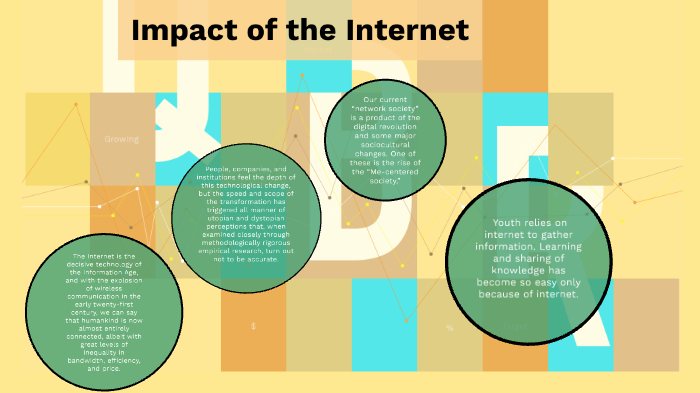The impact of the internet on fiction has reshaped the landscape of literature in profound ways, altering how stories are crafted and consumed. No longer confined to the pages of traditional books, narratives now flow seamlessly through digital platforms, reflecting a significant shift in online reading habits. As writers adapt to the digital influence on storytelling, they often find themselves navigating the complexities of fiction writers and social media, where public opinion can shape their work. This transformation not only democratizes voices but also challenges the essence of personal expression in literature, pushing authors to reconsider their audience from solitary readers to vast, public audiences. In an era where literature in the digital age thrives on immediacy and connectivity, the essence of storytelling is redefined, raising questions about the future of narrative art.
The digital age has ushered in a new paradigm for the realm of storytelling, fundamentally altering how narratives are conveyed and perceived. With the advent of cyberspace, the ways in which we engage with literature have transformed dramatically, impacting both writers and readers alike. The growing prominence of online platforms has blurred the lines between traditional literature and modern communication, resulting in a hybrid form of storytelling that resonates with contemporary audiences. Furthermore, the role of social media has revolutionized how creators connect with readers, allowing for immediate feedback and interaction that was previously unheard of. This evolution, while enriching the narrative landscape, invites a reevaluation of the core tenets of storytelling in an increasingly interconnected world.
The Evolution of Fiction in the Digital Age
Fiction has been a powerful medium for storytelling across centuries, from ancient epics to modern novels. However, the rise of the internet has drastically transformed how stories are created, shared, and consumed. Digital platforms have democratized the publishing process, allowing writers to reach audiences directly without traditional gatekeeping from publishers or agents. This empowerment stems from the fact that writers can now publish their work online, post excerpts on social media, and even interact with readers in real-time. As a result, narratives are not just crafted in isolation but are influenced by immediate feedback and trends circulating in the ever-changing online landscape.
Furthermore, the internet has altered the structural elements of fiction itself. Storytellers are now experimenting with formats such as hypertext fiction, where readers can navigate through multiple pathways and endings designed by the author. This interplay between traditional linear narratives and interactive storytelling opens up new possibilities for engagement, allowing readers to experience fiction in dynamic ways that were previously unthinkable. Ultimately, the digital age compels fiction writers to adapt their craft and engage with an audience that is simultaneously a consumer and a participant.
Frequently Asked Questions
How has the internet changed fiction in modern literature?
The internet has fundamentally altered fiction by transforming readers into audiences, heavily influencing their tastes through mass opinion on social media. This shift creates pressure on writers to cater to popular demand rather than challenge readers with innovative narratives.
What is the digital influence on storytelling today?
Digital influence on storytelling is significant, with authors using online tools for research, inspiration, and audience engagement. The immediacy of the internet allows writers to access vast resources quickly, enriching their narratives but also compounding competition for readers’ attention.
How have online reading habits evolved due to the internet?
Online reading habits have evolved as many readers now prefer bite-sized content and social interactions over deep, immersive reading experiences. This trend has reduced the time spent on reading traditional fiction, impacting the way stories are crafted and consumed.
What role do fiction writers and social media play in today’s literary landscape?
Fiction writers leverage social media to build their brands, connect with audiences, and share their work. However, this also leads to a focus on marketability and instant feedback, which can hinder the creative risks often necessary for profound storytelling.
Is literature thriving or struggling in the digital age?
Literature in the digital age faces challenges and opportunities. While the internet competes for readers’ time and attention, it also provides new platforms for discovering and sharing literature, leading to diverse forms of expression and readership growth, especially among younger audiences.
| Key Points |
|---|
| **Impact of Audience Change** – Readers have shifted from being personal audiences to larger public audiences influenced by social media, affecting the authenticity of writing. |
| **Research Efficiency** – The internet allows for quick research, enhancing the depth of fiction but also competing with reading time. |
| **Lost Plot Devices** – Traditional story elements like characters becoming lost no longer resonate due to constant connectivity. |
| **Accessibility of Resources** – E-books and online resources make literature more accessible, but it competes for attention compared to traditional reading. |
| **Emotional Depth** – Fiction’s unique ability to convey emotional truths remains critical, even amidst the distractions of the internet. |
| **Knowledge Expansion** – While young people access more information online, deep reading of books seems to decline. |
| **Importance of Empathy** – Fiction fosters empathy and understanding, addressing the limitations of purely digital interactions. |
Summary
The impact of the internet on fiction is profound, reshaping how stories are told and consumed. As writers navigate a landscape dominated by social media, they confront the challenge of maintaining authenticity amidst the noise of public opinion. The ease of online research enhances storytelling capabilities, but it also competes for readers’ time, leading to shorter attention spans and a decline in deep reading. Moreover, the interconnectedness brought by technology diminishes traditional plot elements like isolation and disconnection. Despite these challenges, fiction remains essential in fostering empathy and emotional truths, highlighting its irreplaceable value in a rapidly digitizing world.
